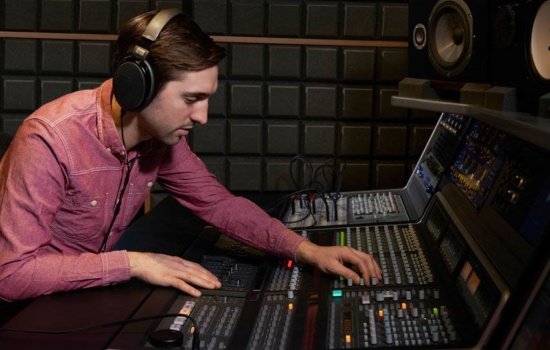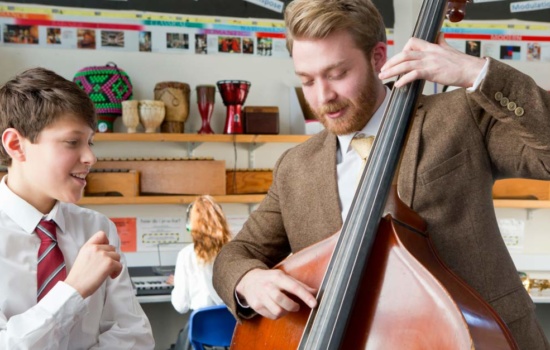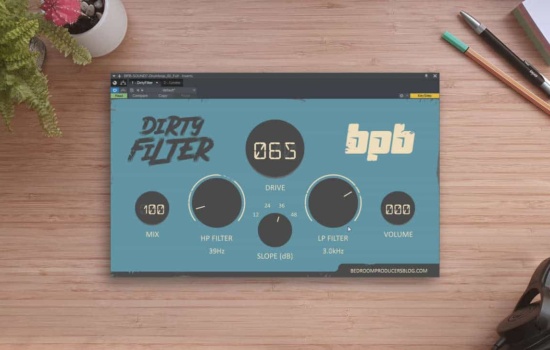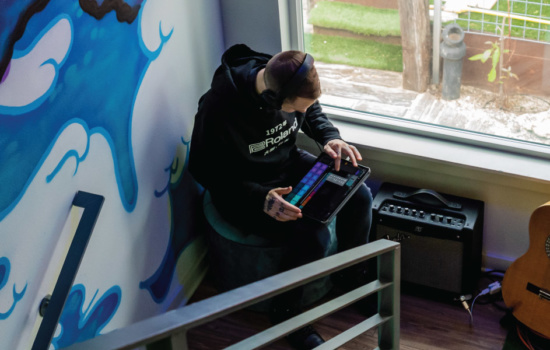Can you get a music degree online?
While the vast majority of college music programs are in person, it is possible to earn a music degree online today. Advantages of pursuing an online degree include lower cost and the ability to stay where you live, avoiding having to move to a new city.
Some majors lend themselves to the online learning modality better than others. For example, it’s easier to study Electronic Production or Music Business fully online than to study instrumental/vocal performance, or music therapy. You might be able to take some online courses in the latter subjects, but a full-fledged degree won’t necessarily be available.
There’s also a hybrid option. Many programs will allow students to complete a portion of their studies online while requiring being on campus for other classes. Students might attend on-campus ensembles or work in recording studios, for example.
Is a degree in music worth it?
Education is nearly always a great investment if you are careful to choose high-quality programs. Make sure the school has a solid track record of producing successful alumni in the field. You will never look back and wish you had not studied.
There is always the question of cost, not only in financial terms, but also opportunity cost. This is the trade-off with what you could have been doing instead of studying for a music degree. For example, you could be working, or studying to become an Accountant or an Engineer.
In music, nobody wants to see a piece of paper that says you can play, write, or produce. They want to hear your stuff. The skills you learn in school need to be useful in the world. Like earning a Liberal Arts degree, a degree in music should also teach you to think critically and creatively.
Is an online degree credible?
This depends on the degree earned and the institution granting it. It’s a good idea to investigate the school’s accreditation. Schools with regional accreditation are considered the most trustworthy, and some schools may also be accredited by the National Association of Schools of Music (NASM).
In general, while online degrees are considered less rigorous and therefore less credible, this doesn’t mean they are worthless. Since it’s what you learn that really matters, if you are a capable online learner you should come away with good preparation for a music career. An online degree from a highly reputable institution (like those listed here below) might be perceived as being more valuable than an in-person degree from a lesser-known school.
Not everyone is good at online learning, so some students will be better served by studying in person on campus, or perhaps studying in a hybrid model (with some courses taken online and others in person). If the school has a strong reputation, the online degree could be considered an excellent credential.


























